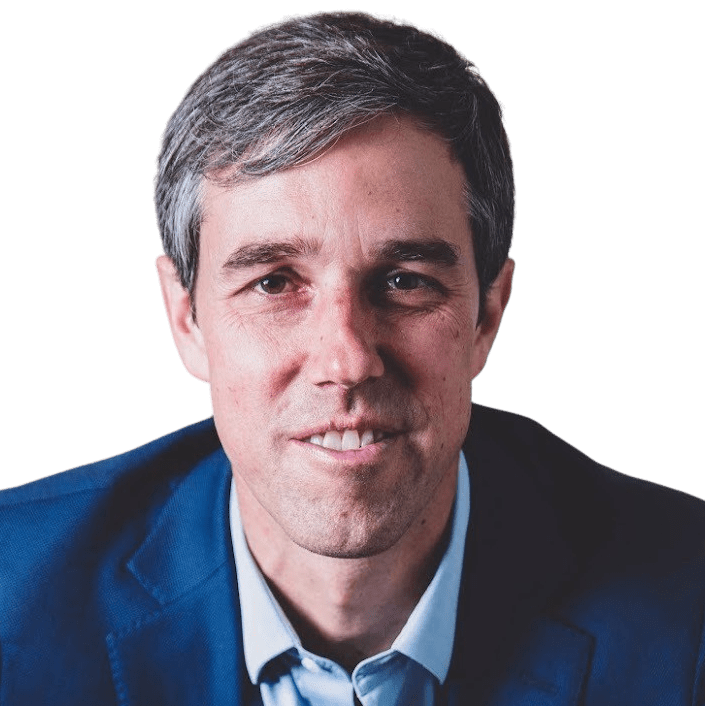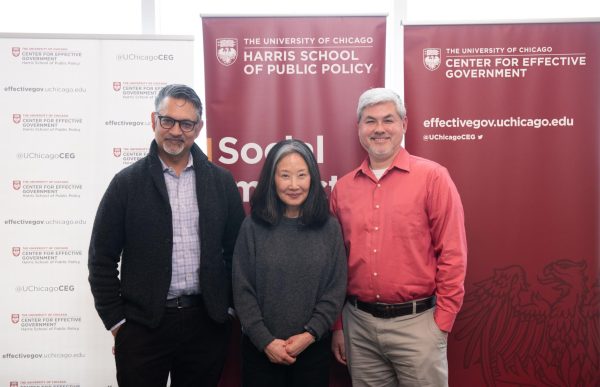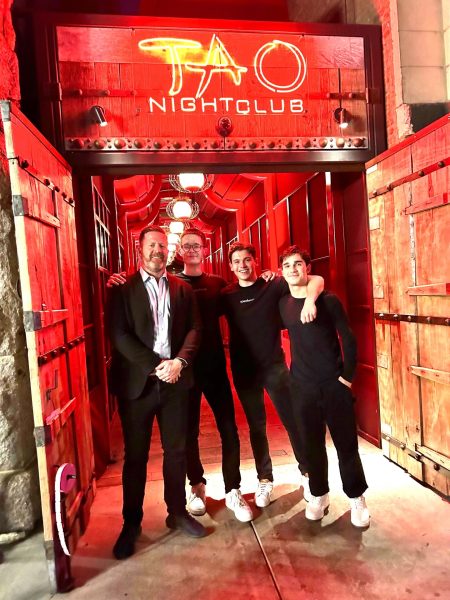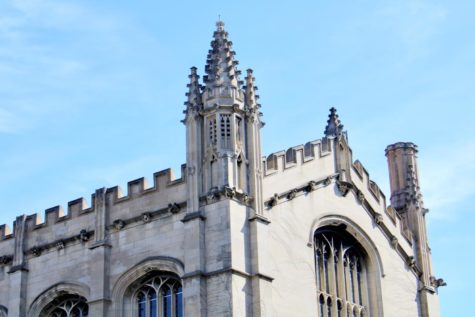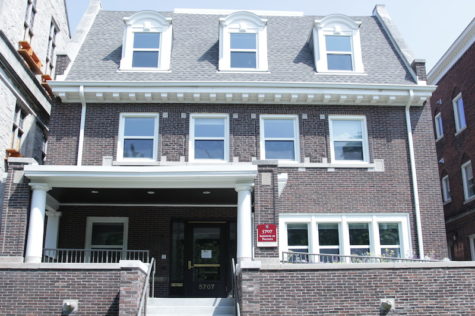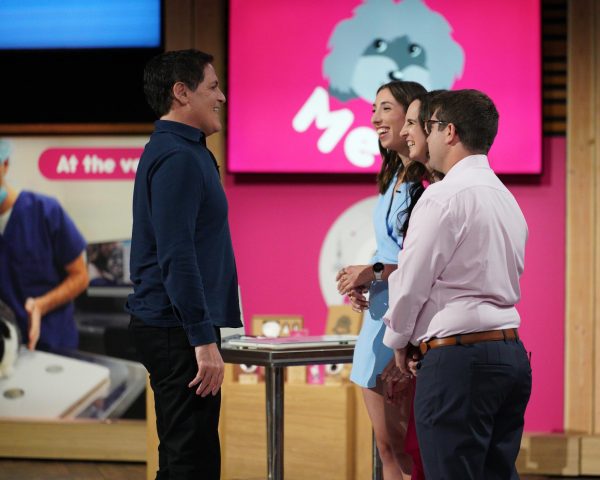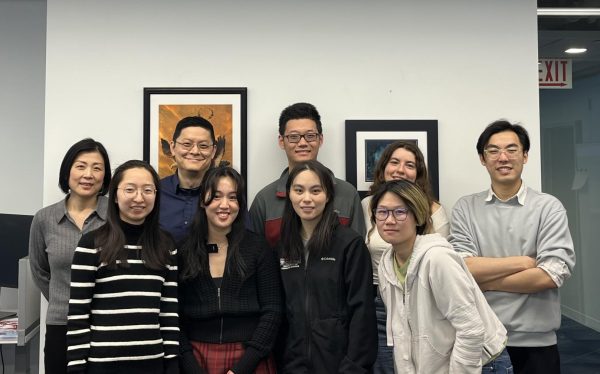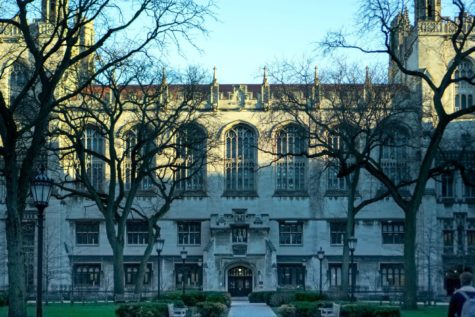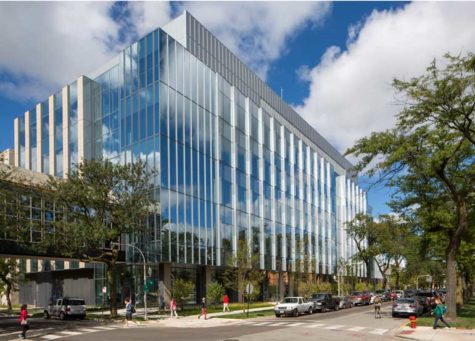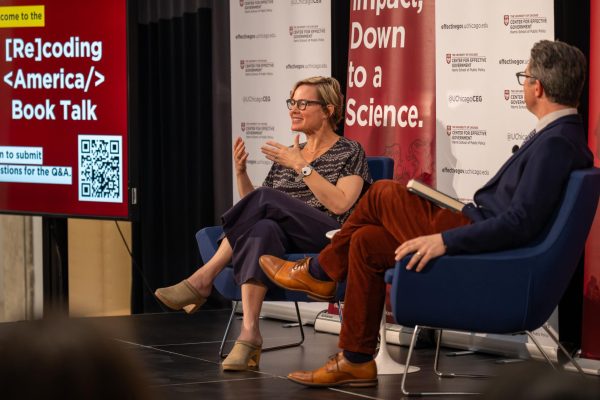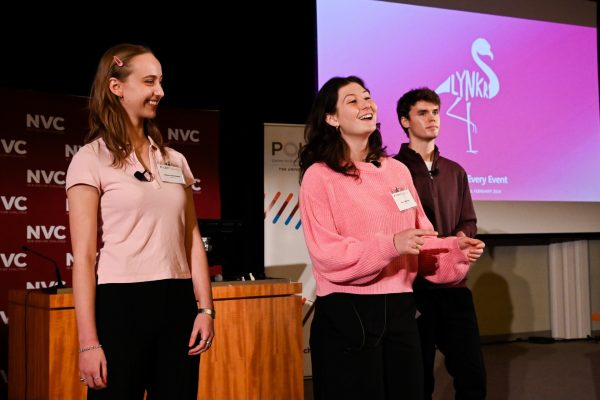IOP Fellow Profile: Former Congressman Beto O’Rourke
O’Rourke emphasizes the importance of increasing voter participation and points to how Texas plays an instrumental role in this challenge.
Courtesy of the Institute of Politics
Former Congressman Beto O’Rourke was born and raised in El Paso, Texas.
May 13, 2023
For the sixth installment of a multi-part series profiling each of the Institute of Politics’ (IOP) Pritzker Fellows for the winter and spring quarters, The Maroon spoke with Beto O’Rourke, a former Congressman (D-TX) who has led unsuccessful bids for U.S. Senate in 2018, the Democratic Presidential nomination in 2020, and the Texas Gubernatorial election in 2022. O’Rourke shared his thoughts on the importance of resilience in politics and the value of viewing elections from a multilevel perspective when it comes to victories and losses.
Born and raised in El Paso, Texas, O’Rourke entered politics by serving in El Paso’s city council from 2005 to 2012. He credits wanting to be directly involved with community change after having worked in business as the reason for his entrance.
“I became very, very invested and interested in the future of our city. I started to think about what I could do that would be most effective, and instead of complaining about things on the sidelines, or hoping that other people would take care of it for me and others who were concerned, I just decided to run for city council in 2005 and that was my entry into politics.”
From 2013 to 2019, O’Rourke served as the representative for Texas’s 16th congressional district, which encompasses almost all of El Paso. O’Rourke declined to seek another term in 2018 and instead contested the U.S. Senate seat held by Republican Ted Cruz in a highly publicized, competitive campaign.
After announcing his candidacy for the 2020 Democratic presidential nomination on March 14, 2019, O’Rourke suspended his campaign on November 1, 2019, citing a lack of traction and financial issues. He subsequently endorsed then-candidate Joe Biden instead.
In March 2022, O’Rourke won the Democratic nomination for Texas’ gubernatorial election but was defeated by Republican incumbent Greg Abbott. Despite this setback, O’Rourke feels his campaign brought about positive change by increasing civic engagement within Texas.
“[If] my whole ego and identity were tied up in the outcome of an election, I would be destroyed,” he said. “But I try to understand that I am part of something that is composed of millions of other people, all of whom are doing their best to make Texas a better place. My role within that effort, at least last year, was to be a candidate for governor and to use that position to rally people, to register people to engage with people in the political process, and to advance our cause, hopefully to win, which we didn’t. But even apart from winning, good things came out of that.”
This positive change manifested itself in helping down-ballot Democratic candidates win their races. One example O’Rourke cited was Harris County judge Lena Hidalgo’s re-election victory being influenced by his campaign.
O’Rourke’s civic journey now leads him to serving as a mentor to students in the University, as they enter a shifting political landscape. He encourages students to engage in the battle for maintaining the country’s democratic system.
“I hope to bring [to UChicago] some of my experience as a candidate, an office holder, and as a Texan, in terms of these fights that are very important to me, like the fight for the right to vote, and the fight to ensure that our democracy can survive the attacks on it that are almost without precedent in the course of our history,” he said.”
One of these “fights” is increasing young voter participation, specifically among those ages 18 to 30. O’Rourke views a large part of his mission while on campus as increasing this demographic’s involvement, particularly because he will be hearing directly from young voters themselves.
Additionally, he explained that he wants to bring back his learnings from the University to Texas. This includes research findings on how to address voter turnout from students and professors.
“One of the student ambassadors that I’m working with put together this research on voting and turnout. It’s really a lot of it written by professors right here at University of Chicago, including Anthony Fowler, who does brilliant work on this issue. And that’s exciting to me. I’m looking forward to taking all this in and applying it back in Texas,” he said.
For O’Rourke, Texas wields unignorable influence within US politics, particularly when it comes to issues such as tackling gun violence and addressing climate change.
“Texas is really the frontlines for everything that I care about. And really, I think the frontlines for what’s most important for the country,” O’Rourke said. “So much of the innovation and ingenuity in terms of the answers to this question about how we’re going to act effectively, with enough time to avert the worst catastrophe. I feel like that’s in Texas democracy and voting rights. It’s the toughest state in the nation in which to vote and register and participate in elections. I think the answer for, you know, the next generation of voting rights will come out of Texas.”
Despite believing that Texas could serve as the silver bullet for political change, O’Rourke emphasized the importance of traveling to other states—as he has done at UChicago—in order to expand his perspective on issues like voter turnout and gain knowledge as to how best solve that state’s unique issues.
“But it doesn’t mean that we can’t learn from other parts of the country, and other parts of the world for that matter, [in order] to understand how we can be most effective in meeting these challenges in Texas,” he said.
Although he passionately endorses voter participation, O’Rourke also makes it a point not to alienate those who choose not to participate. Instead, he opts to encourage them to consider the power that they have in helping to bring about meaningful reform through their participation.
“I understand that [not voting] can be a logical decision that one makes after looking at, […] the relative voting power and influence of different people. But find me a better way to change the world, and I’ll go do that.”
O’Rourke believes that civic duty is central to being an American citizen, and it’s up to citizens to maintain these principles the US was built upon.
“We’re very, very lucky, I believe, to live in a democracy, and part of the price of being an American is to be politically engaged. It doesn’t mean that you have to be a politician or a candidate. But it means that you have to be part of your government, a government of, by, and for the people,” he said.
On the thread of principles, O’Rourke emphasized the need for politicians to stay true to their own.
“I hope that people who run for office or hold office, never compromise on their values, because that’s, of course, core to who you are, and potentially why you are a candidate or an office holder in the first place. And no matter how popular or unpopular, an issue or position might be, if that’s who you are, you should stay,” O’Rourke said.
However, he acknowledges the difficulties in doing so.“I think the difference in politics is that what you are doing, and the potential failure in what you do is very public, and seen by a lot of people. So that’s an interesting dynamic, but if you can separate yourself as much as possible, personally, from individual outcomes, focus on the long-term goal, and the effort and the fact that as a candidate, you’re just part of something much bigger than yourself for a given campaign, then, for me, at least, it makes a lot more sense.”
In terms of his future plans, O’Rourke explained that a big part of the calculation includes how it affects his family. He explained that being a full-time parent and politician has its fair share of sacrifice, but the challenges are worth overcoming for the betterment of the public in the long term. He shares that although running takes considerable family time away, he knows that they will understand why he did so in hindsight.
“For me, if I’m going to do something, I want to do it all the way. For example, running for governor in Texas over the course of that last year, I was probably nine out of 10 nights on the road, and it’s a big state. I don’t know that I was necessarily the best dad during that time. But again, I hope [that] as my kids get older, that we can all understand why we’ve made the decisions that we’ve made. It wasn’t gratuitous. It wasn’t a selfish hope, it was something that in the long run is going to be helpful to them, their generation, the generations that follow if we’re able to see all this through, and that’s why the work is so important.”
Ultimately, when asked if he would consider running for the primaries in 2024 O’Rourke gave a tentative no, releasing the value of pursuing his political interests through a different vein for the time being.
“I don’t see myself, at least in the near term, being a candidate for anything or running. I want to be helpful to candidates and I want to be helpful to people who are doing this and putting themselves out there and along with their families, you know, risking something, not only for themselves, but for all of us. That’s exciting to me to help people who want to do that.”



